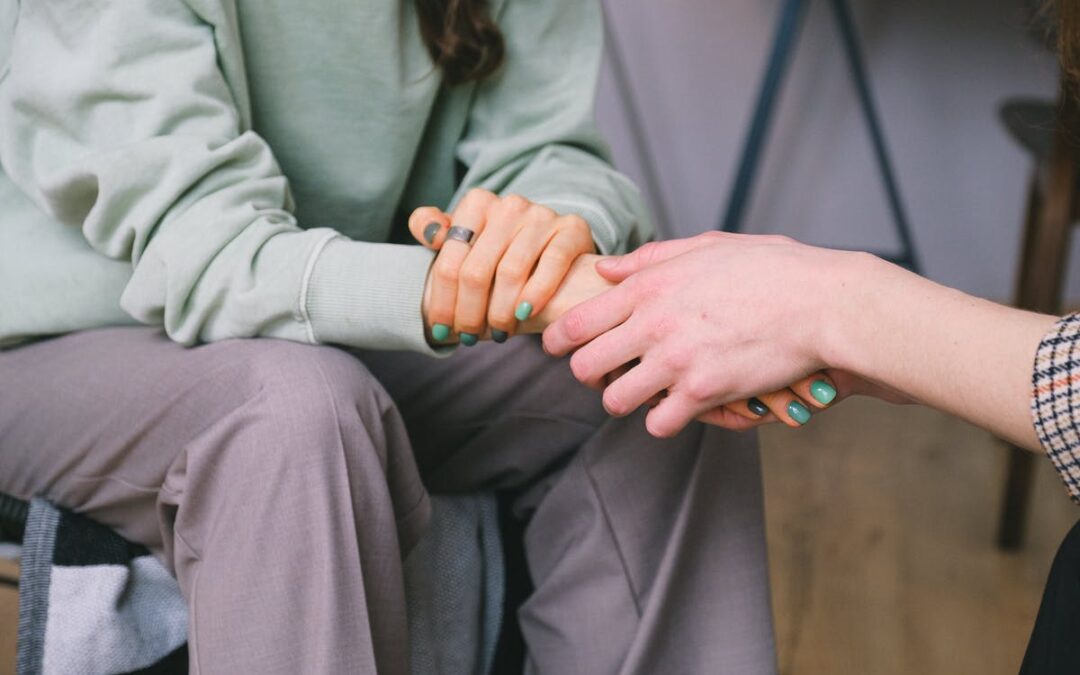re·sil·ience
/rəˈzilyəns/
noun
- the capacity to recover quickly from difficulties; toughness.
- the ability of a substance or object to spring back into shape; elasticity.
When we think about resilience we are often put in the mindset of an individual. What challenging stories has that person made it through and how have they come out on the other side? What odds did they overcome?
Relationships are often left in the dust when it comes to the conversation around resiliency. While we may discuss how relationships can be healthy, fulfilling, and lasting – often- and unfortunately, the Western take on relationships is that they have an inevitable expiration date, that being in a relationship limits or diminishes the individual, and that love is an addiction. There are not many positive depictions of thriving relationships, let alone successful queer ones.
Why is resilience a different conversation? Resilience is not just about “making it through”. In its very definition, as stated above, it is about the speed of recovery from difficulty, the ability to bounce back, for something to reform its shape – to be tough.
That takes intention.
Making it through difficulties in life requires the practice of a fortified mind-state, emotional attunement, and the cultivation of a belief system that anchors oneself through the storm. Understanding the culture you are creating within a relationship is crucial, forming those belief systems, values, and rituals together to help build up the body of your relationship so that it can be resilient through the troubles and foibles of life.
We spend our lives training for things – from learning how to walk, eat, dress yourself, going to school, be social, training for professional pursuits, hobbies, or life skills. We are training for relationships as early as the time we spent in utero – and every day since. Our training begins in our earliest relationships. The ones within our family of origin, our initial caregivers, and our first friends or people in our communities. We learn about whether or not relationships are trustworthy, dependable, or beneficial. These experiences shape our expectations and behaviors for the worse or the better, and both the confidences and the wounds we gain create the bridges to connection – or the walls for self protection – we see replay throughout our lives.
This happens all the more when we are queer and closeted. We often learn so early on (whether it is overtly said or not), that relationship means some form of hiding oneself, masking, having some parts loved, but not all parts. The shame that if these truths are discovered it would result in rejection or condemnation. This shapes us. Anytime we had to learn to live this way, and expect to be “loved” in this way, created a massive shift in our ability to connect to others. In these ways, we need to relearn, and reclaim, our whole value. Turn the walls into fences with a gate, and form bridges that allow us to feel fully loved, and to love others fully as well.
Here is the good news. You can train! You can learn and you can adapt. You can choose a different path for your relational life or your existing relationships. A path that allows for a bond that is strengthened to endure and yet flexible at the same time – allowing for the possibility to more easily bounce back throughout life.
You can co-create and design your relationship.
And – like so many things in life – our chance for thriving increases in having support and community that nourishes our resiliency. Find your people. Be picky. Learn who in your life you can count on, be seen by, and share the pursuit of wisdom with, ultimately allowing you to experience the full spectrum of life.
Additionally, seeking counseling or coaching for your relational life can help retrain, renew, and clearly establish the bond or bonds that allow you to invest in your future together. With help, your relationship can flourish and hold strong and within the overlapping concentric circles – the “us” space – can come a deep and overcoming strength that bears joy, abundance, health, and resilience.

